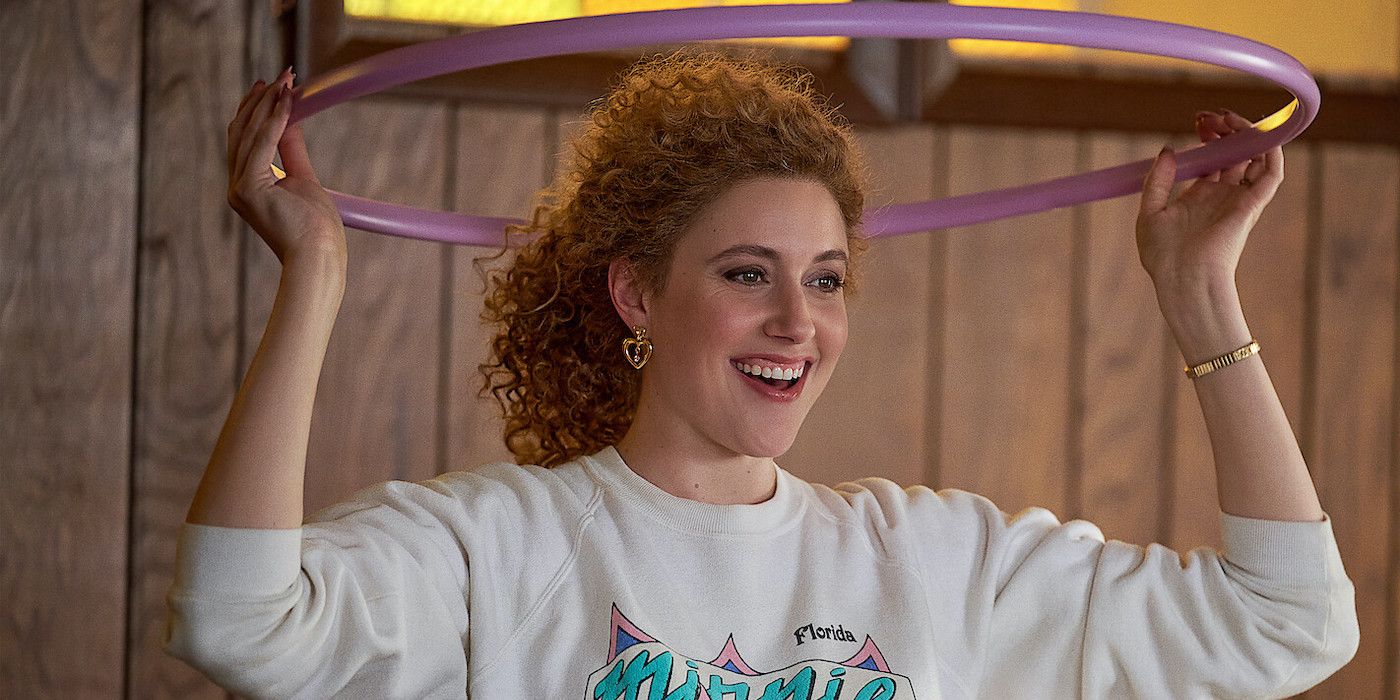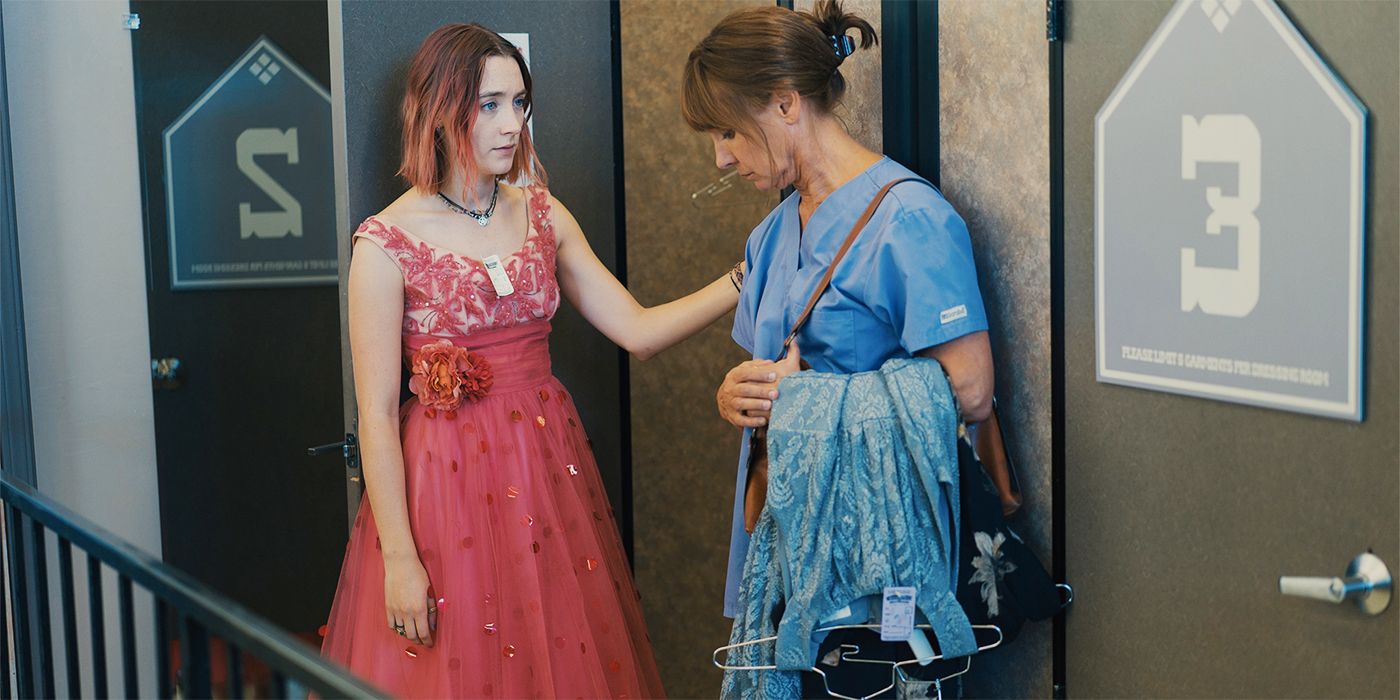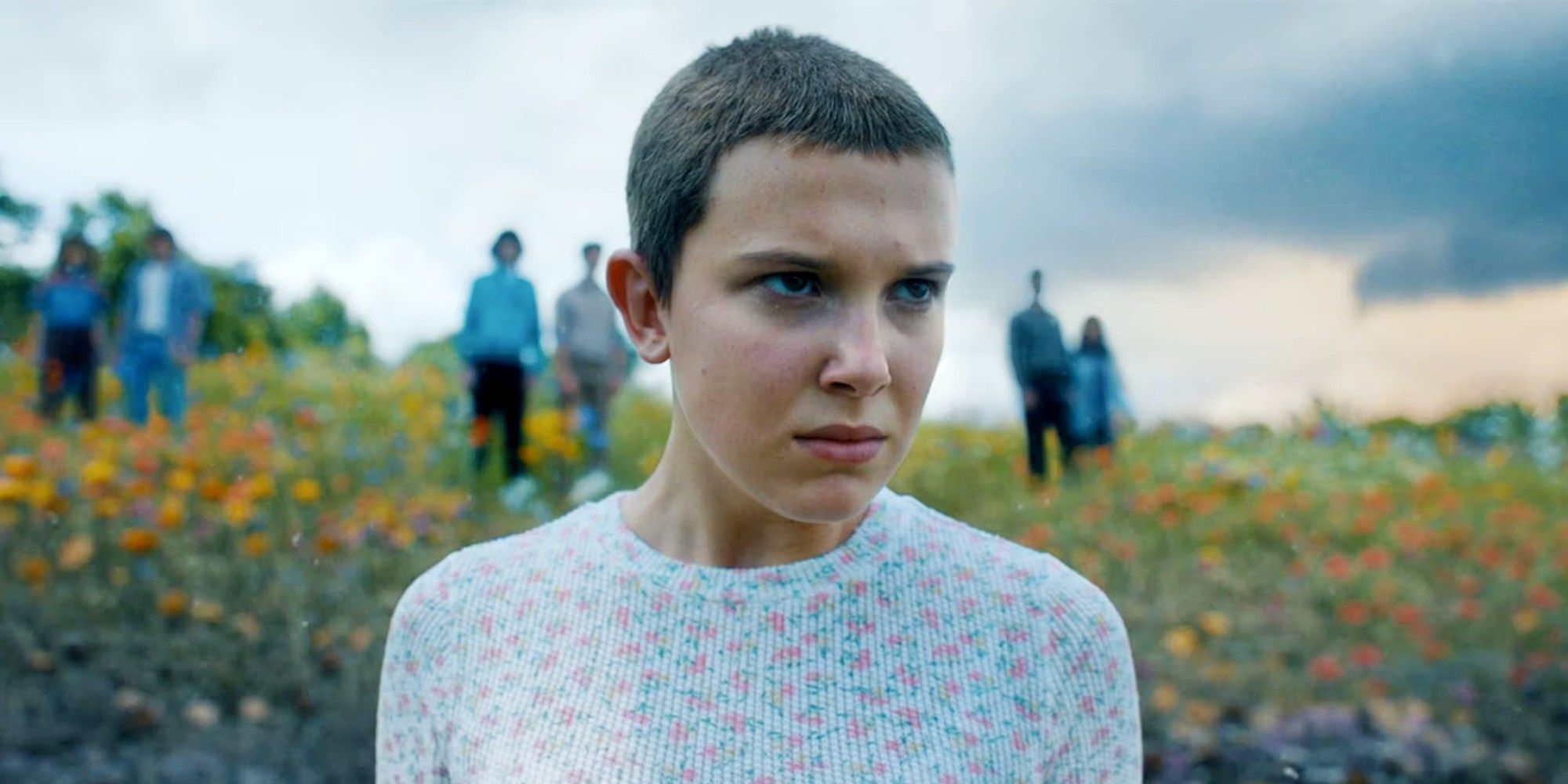She's an accomplished actress with dozens of screen credits. She's also a three-time Oscar nominee who's written and directed films about a relationship's deterioration, a young girl's struggle to liberate herself from her staid suburban existence, and the bond between sisters coming of age in 1860s Massachusetts. This summer, she'll debut her fourth writing/directing effort, the story of the world's most famous thermoplastic polymer vinyl compound, Barbie. Yes, we are talking about Greta Gerwig. But don't expect her movie about the living doll to be your standard popcorn and Coca-Cola flick. From the looks of the trailer alone, Barbie promises to be equal parts parody, homage, and tween fantasy wrapped in an explosion of spectacular Dr. Seussian fantasy imagery. Gerwig is that unique kind of auteur who eschews conventional filmmaking approaches, even when her subjects seem unexceptional or traditional. In her writing/directing debut, Nights and Weekends, Gerwig took the rather conventional topic of a long-distance romance and turned it into an unsettling cinéma vérité experience.
In Lady Bird, she managed to make what could have been a bland story about an awkward 17-year-old girl into a moving chronicle about the tenuous state of mother-daughter dynamics, as well as an indictment of class and religion in mainstream America. And by adapting Louisa May Alcott's classic 1868 novel, Gerwig imbued Little Women with a strong 21st-century feminist sensibility, highlighting the quiet resolve required of young women who fought to forge their own paths at a time when females were, at best, considered to be far less than their male counterparts. So, what's next for Gerwig? After tackling romances, period pieces, coming-of-age tales, and big corporate tie-in mega-flicks, there's really only one clear next step - horror. And she could do it exquisitely.
Greta Gerwig Already Knows the Elements of Horror
What makes a good horror film? According to experts, there are five required elements: suspense, fear, violence, gore, and the supernatural. Looking at Gerwig's acting, screenwriting, and directing credits, she's no stranger to any of these. She made just a brief appearance in 2009's brooding You Won't Miss Me, a film about a mentally disturbed young actress (Stella Schnabel), but it's clear that the film's bleak atmosphere, its characters who seem to live on the fringe, and its psychologically nightmarish tone influenced Gerwig's later work. And with her turn as Babette, the wife fleeing a deadly toxic event with her family in Noah Baumbach's comedy/horror thriller White Noise, Gerwig has certainly earned her credentials in the arena of the grim, ghastly, and offbeat, ticking all the boxes in horror's required elements.
Although Lady Bird, her second writing and directing outing, was a drama with some genuinely comic moments, Gerwig didn't avoid going to some rather dark areas with her story about a Catholic school rebel wanting to flee the drab suburbs of Sacramento for the excitement of New York City. Within the movie's first three minutes, Christine "Lady Bird" McPherson (Saoirse Ronan) throws herself out of a moving car as her mother (Laurie Metcalf) shrieks in abject terror. The scene is played for laughs, but it's actually a genuinely jarring moment, not unlike a good horror movie jump scare. And the overall look of the film - flat, washed out, nearly post-apocalyptic - is a perfect horror film backdrop. In Little Women, Gerwig uses her camera to capture the shifting emotional tones of the film. During the movie's flashback sequences, Gerwig bathes the scenes in warm sepia tones and sunlight to convey the happiest moments among the March family members, but when the film moves forward in time, Gerwig's canvas is cold, dimly lit, and nearly colorless, adding heaviness to some of the more sullen and tragic proceedings. Gerwig's mise en scène mastery would be perfectly suited to a moody scary movie where the proceedings are frighteningly dire.
What Type of Horror Should Gerwig Direct?
So what's the best type of horror feature for Gerwig to write and direct? After the splashy, Candyland-like Barbie, Gerwig would need a stark contrast. Based on her previous work, her ability to have the camera convey mood and emotion, and her skill at showcasing female characters, a supernatural gothic tale set in a girls' school in Cambridge circa 1906 would be ideal. Call it The Finishing. A quick plot summary: At St. Katharine's Academy for Young Women, a student has been found dead in her bed, a victim of asphyxiation. A member of the commencement class, Anna Burton, a girl who is considered "odd" and "hysterical" by classmates, has come under suspicion. Anna says she heard a voice urging her to kill, yet insists she had nothing to do with the student's death. Soon, another student passes away under similar circumstances, and what follows is a saga of paranoia and terror within the academy's stone walls.
Greta Gerwig is a Master of Atmosphere
In both Lady Bird and Little Women, Gerwig frequently shot scenes using natural light to evoke a sense of realism. In Lady Bird, it worked to create a sense of hopelessness and desolation, and in Little Women, Gerwig used it to give authenticity to a time before oil-less lamps illuminated interior spaces. In a horror film like The Finishing, Gerwig's camera could wander the maze-like corridors of the school, using shadows cast upon the rocky structure at each hallway's end to summon trepidation about what may lie around the next corner. And within the disturbed Anna Burton's bedroom, it would be nearly dark, with thick-slatted white wooden shutters blocking virtually any hints of sun from the outside, save for one thin vertical beam of light illuminating Anna's cold, brown eyes. Outside shots would highlight the murky steel-gray sky that serves as a blanket of gloom over the academy's Jacobethan structure, accentuating a sense of inescapable claustrophobia, even in the open air.
Minimal Dialogue, Maximum Tension
Gerwig is at her screenwriting best with scripts that seem, well, like they're not scripts at all. Her films' characters speak naturally and spontaneously, and audiences get the sense they're almost eavesdropping on actual conversations. With a horror film set in early 20th century England, Gerwig would need a script that's more measured, exacting, and formal, but minimal dialogue would work to her advantage in this case and elevate the feeling of mournfulness. Think Picnic at Hanging Rock meets The Beguiled, with the ambiance driving the proceedings more than the spoken word. Is Anna Burton a killer, or is there something mystical and otherworldly taking control? Fewer words, but greater tension.
Who Should Be in a Gerwig Horror?
Now, onto the casting. Millie Bobby Brown (Stranger Things), with her dovelike eyes that convey innocence, but that can also be covered for a more sinister side, would be the perfect choice for the enigmatic Anna Burton. Gerwig is especially adept at working with younger performers, tapping into their strengths, vulnerabilities, and above all, their darker sides, and she could do wonders with an actress like Brown. In Little Women, Gerwig assembled a powerful group of young actresses, proving she knows how to manage an ensemble cast. Of course, every film set in a girls' school must have its creepy headmistress, and in Gerwig's film, that would have to be the always-surprising Olivia Colman, who's proven she's as adept at broad comedy as she is at heartbreaking tragedy. Colman in a Gerwig horror flick would be cinematic gold. And for kicks, an inquisitive constable would be needed in the mix, a nosey do-gooder trying to get to the bottom of the atypical happenings at St. Katharine's. Enter Colin Firth.
Greta Gerwig has proven she can deliver when it comes to romance, drama, and comedy. Horror, a criminally under-respected genre, and one that still needs more representation by female writers and directors is begging for an influential visionary like Gerwig. So come on, Ms. Gerwig, let's do this!




